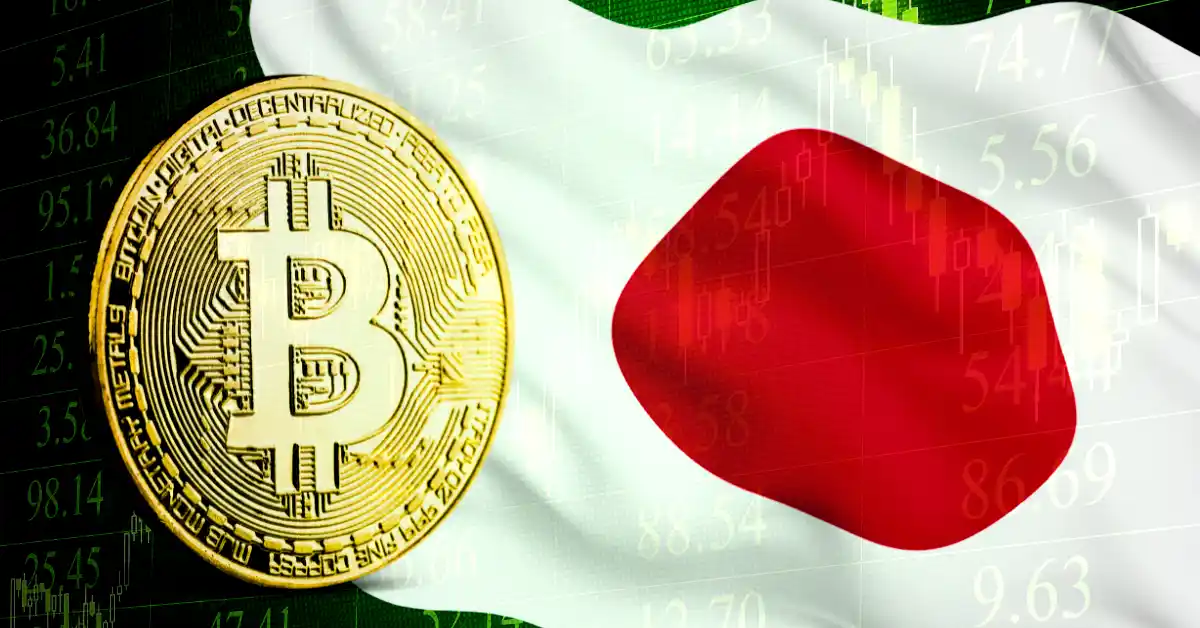
Japan is setting the stage for a safer cryptocurrency trading environment by proposing stringent new regulations aimed at protecting everyday investors. The Financial Services Agency (FSA) has announced its plan to require crypto exchanges to maintain dedicated liability reserves, ensuring customer funds remain secure in the face of hacks, fraud, or operational mishaps.
What Are the New Regulations?
The proposed law, expected to be presented to parliament by 2026, mandates that licensed crypto exchanges in Japan hold sufficient capital reserves to cover customer losses in the event of a cybersecurity breach or financial failure. While Japan already enforces stringent measures, such as storing user assets in cold wallets, the lack of specific reserves for customer compensation exposed vulnerabilities in the system. The new rules aim to close this gap, inspired by the robust risk management strategies employed in traditional financial institutions.
A Tiered Approach for Small Exchanges
Recognizing the challenges faced by smaller exchanges, the FSA suggests a flexible approach. Instead of maintaining full cash reserves, these companies could rely on insurance policies to meet the reserve requirements. This initiative ensures fair competition while upholding strong investor protection standards.
Building a Safer Crypto Ecosystem
In addition to reserve mandates, the FSA is tightening regulatory oversight across the cryptocurrency ecosystem. Starting soon, third-party custodians and trading partners must register with authorities before serving local crypto exchanges. These measures aim to eliminate potential loopholes and bolster trust in digital assets.
Japan is also strengthening its stablecoin framework by supporting token projects backed by major financial institutions. Such initiatives pave the way for transparent and secure digital transactions—further reinforcing confidence in crypto markets.
Why This Matters
The crypto industry has been marred by high-profile exchange failures such as Mt. Gox, where thousands of users lost their funds due to mismanagement and hacks. By introducing emergency reserves, Japan’s FSA is taking proactive steps to restore trust and encourage growth in the sector. These efforts showcase Japan’s leadership in fostering a secure and regulated digital asset environment.
How to Protect Your Investments
As regulation improves, individual investors should also stay vigilant. One way to safeguard your crypto investments is by using secure wallets for storage, such as hardware wallets like the Ledger Nano X, which offers advanced protection against cyber threats.
For more updates on cryptocurrency and blockchain developments, continue exploring the latest insights and news on our site. Stay informed and make well-researched investment decisions!






